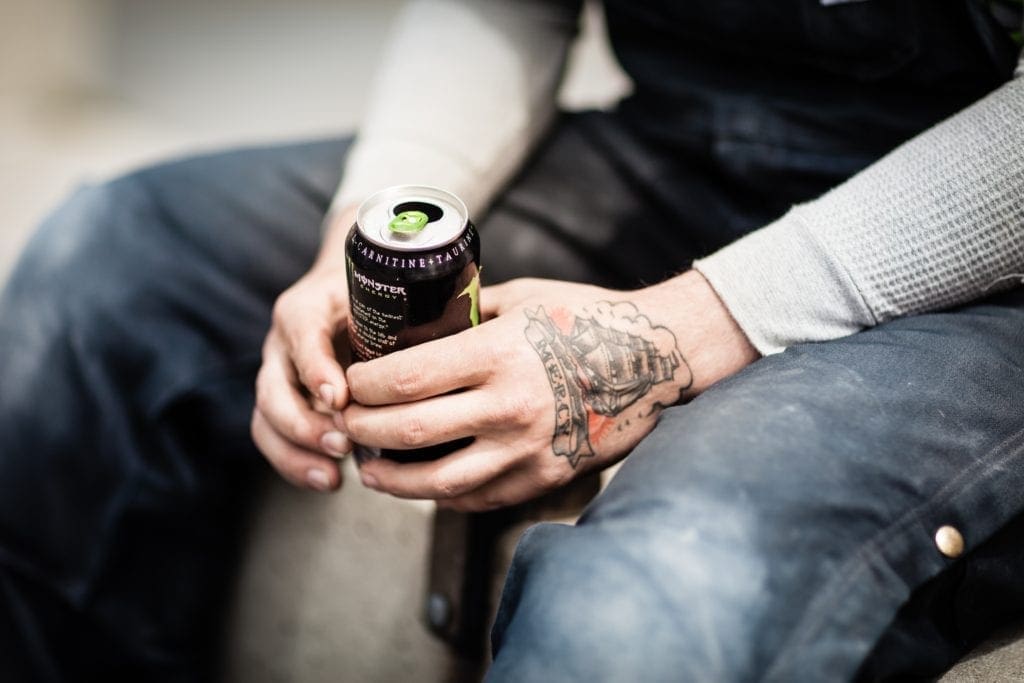In a country of over-incarceration, an opioid epidemic, and a national debt of more than $20 trillion, it only makes sense that some lawmakers need to pick up the slack and go after energy drinks, right?
You’re correct if you said “yes,” because there is a proposed bill in Indiana that wants to restrict access to energy drinks to consumers of eighteen years of age and older.

According to an Indiana news outlet, newsnowwarsaw.com, “Senate Bill 369 aims to make it a class C misdemeanor to sell, give or distribute an energy drink to someone less than 18 years of age.” The bill cites CDC studies that report that energy drinks make children and teens “alert” which is hilarious because that is the point of energy drinks. You know what also makes kids hyper, therefore, should be banned?
Coffee, soda, sugary cereals, artificial food coloring, and essentially everything else that has caffeine or sugar. Yes, energy drinks for kids aren’t great, but it isn’t great for the health of adults either. If we start banning or restricting everything that isn’t good for us, where is the line drawn?
In 2011, the city of San Francisco banned free McDonald’s Happy Meal toy’s because they thought the toys forced kids to have their parents buy them fast food in order to obtain the toy. In 2014, New York City failed yet got very close to banning Big Gulp’s from gas stations in order to fight adult obesity.
Philadelphia in 2018 placed a controversial tax on soda to curb consumer habits, but it ended up putting certain stores out of business and the whole tax was exposed to have been a way to attack teamsters unions.
Just because something isn’t explicitly healthy for you doesn’t mean there needs to be a law banning access. By limiting consumer choice with regulation to attack things you don’t like, you are creating unintended consequences which in an essence, end up endorsing things or creating riskier alternatives to the items you tried to prevent consumer access too.
In the San Francisco situation, McDonald’s got around the free toy ban by charging only ten cents per Happy Meal toy, in which the toy proceeds went to the Ronald McDonald House children’s charity. The New York City Big Gulp fight was lost in the courts because it was unconstitutional, but even banning a Big Gulp didn’t mean people couldn’t just buy a large bottle, or even two bottles, of the same soda they wanted. The Philadelphia soda tax, while “well-intentioned” according to some supporters, turned out to be the product of some corrupt officials using the regulatory enforcement arm of the government to attack their opponents.
If the state representatives in Indiana really wanted to stop minors from drinking energy drinks, they could have started a privately funded education campaign or started a non-profit to expose any dangers of energy drinks to minors. Instead, they jumped straight to legislating their opinions onto others because these self-anointed elites decided they knew better than consumers.

























